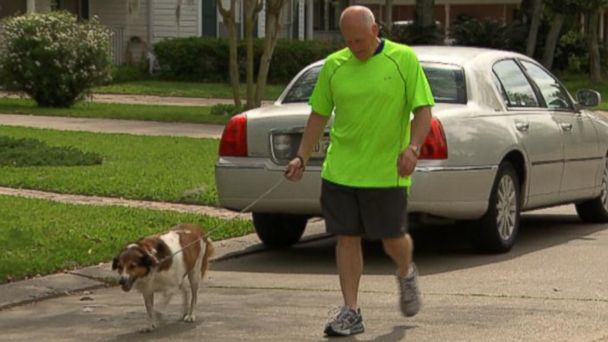Focus on the Fit, Less on the Fat, Doctor Advises
Roger Juneau, 61, had a heart attack 20 years ago and now, at 191 pounds, he's still overweight. But his doctor has advised him not to worry about shedding the pounds.
"Fat isn't always the devil," said Dr. Carl Lavie, a New Orleans cardiologist who has written a book called " The Obesity Paradox," which suggests focusing on fitness and not on being thin.
He says it's better to be fit and fat than skinny and unfit.
RELATED: Which state is the fittest? How about the fattest?
New research from the Journal of Epidemiology and Public Health also shows that underweight people were 70 percent more likely to die early than those battling obesity.
"If they're underweight, they don't have the reserves," Lavie said. "In some ways, having more fat may help a person be able to fight a disease."
It's a radical point of view in this weight-loss-obsessed society, in which the body-mass index uses a person's weight and height to determine how overweight a person is.
A BMI of 25 or higher, a person is overweight; 30 and up, the person is obese.
Lavie said he wanted Americans to stop fearing fat.
"Linebackers in the NFL would all be considered obese by the BMI and they have hardly any body fat," he said. "They're almost all muscle.
"In fact, it's much more important to be fit than it is to be thin if you're trying to improve long-term health."
Lavie said Juneau, whose BMI is 29.4, was fit because he could walk a mile in less than 15 minutes. The Louisiana man also works out four times a week, lifts weights and makes a daily effort to stay active.
To avoid putting added strain on the heart when exercising while overweight, Lavie suggested starting slow, building up your strength and remembering that muscle is what matters.
"It's not Doomsday if they don't lose those last 20 or 30 pounds," he said. "They still can be very healthy."
ABC News' Reena Ninan and Emily Friedman contributed to this story.

(Photo Credit: ABC News)